Overview
Discover the causes, symptoms, and management of primary ovarian insufficiency. Expert guidance from Ova Care for comprehensive women’s health.
Unraveling the Mystery of Ovarian Health
At Ova Care, we’re committed to providing comprehensive insights into women’s reproductive health. Primary ovarian insufficiency (POI) is a complex condition that affects approximately 1% of women between ages 15 to 44, challenging traditional understanding of ovulation and fertility.
Understanding the Uterus and Ovaries
POI occurs when ovaries stop functioning before age 40, causing irregular periods and potential infertility. Unlike typical menopause, this condition presents unique challenges for women’s reproductive health.
Key Causes of Primary Ovarian Insufficiency
Multiple factors can contribute to POI:
- Autoimmune disorders like Addison disease, rheumatoid arthritis, and thyroid disease
- Medical treatments including chemotherapy
- Genetic conditions such as Turner syndrome and Fragile X syndrome
- Surgical procedures like hysterectomy
- Potential impacts from infections and hormonal changes
Diagnostic Approach
Our comprehensive diagnostic process includes:
- Detailed pelvic exam
- Hormone level testing (follicle stimulating hormone (FSH), prolactin)
- Karyotype testing
- Pelvic ultrasound
- Antibody screenings for underlying conditions
Recognizing the Symptoms

Women with POI might experience:
- Irregular periods
- Hot flashes and night sweats
- Vaginal dryness
- Potential sexual health challenges
- Difficulty with fertility
Treatment and Management
Hormone Replacement Therapy (HRT)
Our specialists often recommend HRT to:
- Manage symptoms
- Address potential hypothyroidism
- Support overall hormonal balance
- Provide birth control guidance when appropriate
Fertility Preservation
While POI presents challenges, options like IVF (in vitro fertilization) offer hope for women hoping to become mothers.
Important Considerations
- Approximately 5-10% of women with POI can still spontaneously become pregnant
- Ongoing health monitoring is crucial
- Fertility preservation can be a valuable option for those concerned about future family planning
Your Path Forward
At www.theovacare.com, we’re dedicated to supporting women through every stage of their reproductive journey.
Schedule a consultation today to understand your unique health needs.
Disclaimer: This blog provides informational content and should not replace professional medical advice.


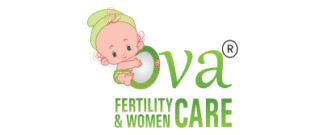


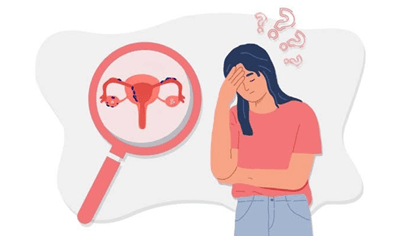
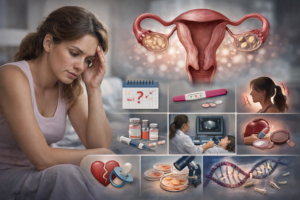
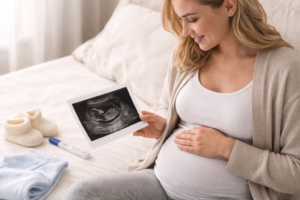
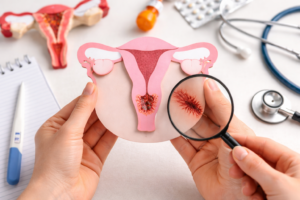
 No need to worry, your data is 100% Safe with us!
No need to worry, your data is 100% Safe with us!